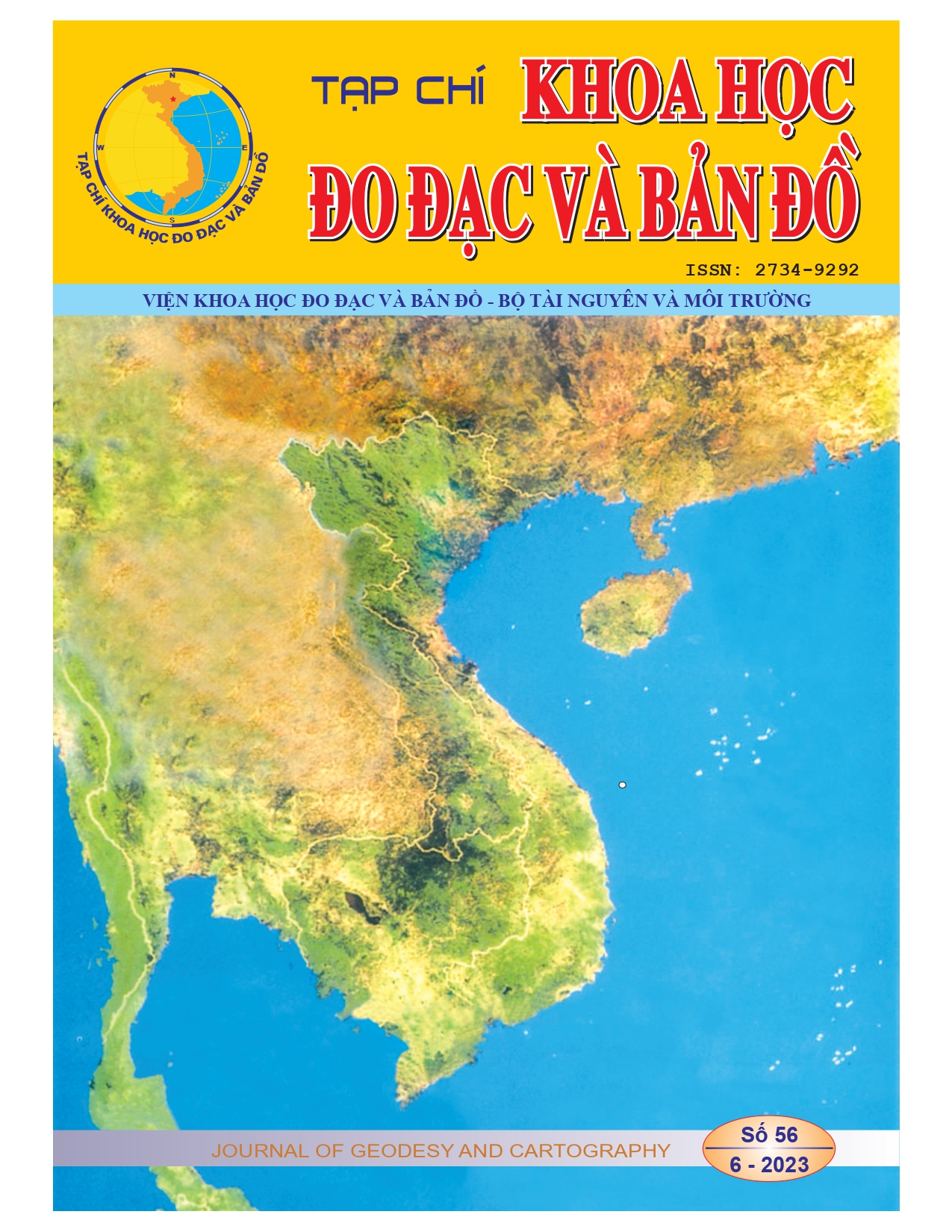Abstract
Socio-economic development is one of the most influential factors to land use change that affects the living environment and threatens the landscape metrics. The managers in conservation planning need methods that can predict impacts early in the planning. This study investigates and selects landscape metrics that planners can use to assess the potential impact of habitat changes, fragmentation, and ecological connectivity resulting from intended land use changes. Unlike previous studies, this study proposes the Overall Landscape Fragmentation Index (OLFI) to assess landscape fragmentation and analyse the spatial and temporal heterogeneity in Nui Chua National Park - World Biosphere Reserve. The study used a machine learning algorithm to classify land cover/land use (LULC) with an overall accuracy of 92.84% and a Kappa coefficient of 0.90. The findings show that when there is a tourism development project, the level of impact increases significantly on the landscape structure of the Nui Chua National Park. The OLFI was developed as a new index to quantify the impact of investments on the natural landscape and to serve as a reference for conservation purposes and land use planning in other similar areas in Vietnam and different countries

